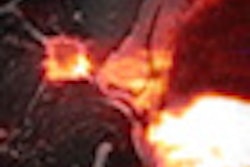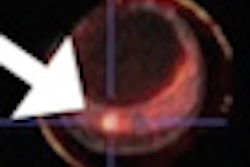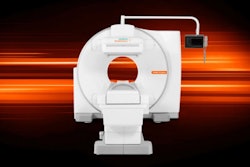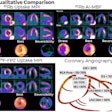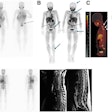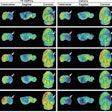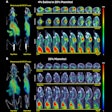Dear Molecular Imaging Insider,
This issue of the Insider offers an exclusive first look at Piramal Imaging, the new company formed by Piramal Healthcare when the Indian healthcare conglomerate acquired Bayer Pharma's molecular imaging agent portfolio this past April.
Piramal Imaging is advancing a PET tracer known as florbetaben, designed to detect beta-amyloid deposits in the brain, which have been linked to early signs of Alzheimer's disease. Preliminary results of a phase III clinical trial show that the radiopharmaceutical can find beta-amyloid plaque in various regions of the brain and has achieved 100% sensitivity and 92% specificity with high interreader agreement.
Read more about Piramal Imaging and other novel products in the pipeline in the Insider Exclusive.
In other features, NYU Langone Medical Center's installation of a new PET/MRI scanner has created a groundswell of enthusiasm at the Manhattan facility, as departments beyond radiology look to take advantage of the hybrid imaging system.
Not only does the hospital expect clinical benefits through neurologic, oncologic, and musculoskeletal applications for its new PET/MRI system, it has also found it easier to recruit physicians both onsite and offsite due to interest in the system.
Also in this edition comes news that the University of Iowa has terminated the employment of Dr. Malik Juweid, a nuclear medicine physician who has been embroiled in a personnel dispute with the university's department of radiology.
Meanwhile, the growing acceptance of PET/CT as an essential part of oncology services has helped increase its use in step with the hybrid modality's expanding installed base, according to a new report on PET/CT and PET market conditions. The latest market analysis by IMV Medical Information Division shows that 1.85 million PET and PET/CT procedures were performed in the U.S. in 2011, a 6% increase from 2010.
And, finally, while there is still much work ahead, breast MRI developer Aurora Imaging Technology and the Brookhaven National Laboratory say preliminary results from a work-in-progress PET/MRI breast scanner are promising, with the system detecting breast lesions smaller than 5 mm. By combining anatomical and functional information in the same scan, researchers believe they have come up with a valuable diagnostic tool that allows for the visualization of very small lesions.
Be sure to stay in touch with the Molecular Imaging Digital Community on a daily basis to be informed on the latest news and research.






